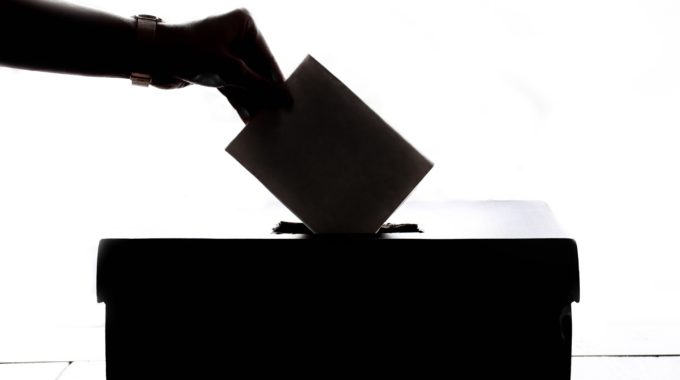
Understanding Consumer Spending Behavior
One of the most challenging issues for consumers is growing inflation, which has resulted in price hikes for even the most basic commodities. Despite the fact that saving money is becoming increasingly difficult, people strive to save as much as they can by cutting out on things they feel they can manage without. Nonetheless, research indicates that the majority of consumer budgeting habits are similar. More research is being conducted to investigate how our thoughts organize mental accounts, notably since the results might be very useful to marketers in knowing what customers need and want. Hence, this Chicago Booth Review article analyzes consumer spending behavior by underlining a few typical habits that marketers may use to better understand what their customers desire.
According to the article, customers’ decisions are influenced by a broadly shared set of expenditure categories, which the researchers have been mapping. The article compares mental accounting to a tree with many branches representing different expenditure categories. The article suggests that various items and services may be closely or distantly connected in the thoughts of customers. They are pushed to make unusual spending and saving decisions because of these categories, the article argues. Such judgments may be insignificant in and of themselves. However, the article adds that these can result in financial mismanagement over time. With inflation, falling stock performance, and high-interest rates, the problem of budgeting has become increasingly significant, and the article claims that putting labels on money is frequently noticed in consumer spending behavior. According to the article, fungibility is an economic theory that considers money to be money no matter how it is obtained or where it is spent. The idea argues that if a person overspends on, say, supper, they may compensate by saving the same amount somewhere else, say, on petrol. Yet, according to the article, individuals do not see money as fungible and instead evaluate elements such as what sort of products they are purchasing and how they obtained the money, whether from a job, a tax return, or some other means. Lastly, the article suggests that marketers might benefit from a better understanding of the mental accounting that occurs in customers’ brains in order to increase sales. Knowing this will aid businesses in organizing their items in search directories for virtual customers and actual storefronts for offline customers. While corporations may benefit by peeping into people’s mental accounts, the same technologies might also be utilized to assist cash-strapped customers.
Understanding consumer spending behavior is critical for determining where and how consumers feel comfortable spending their money. The aforementioned are a few observations on the subject that may be of great benefit in understanding the consumer behavior trends.
The behavior of companies and leaders plays a huge role in the overall development of the business world. Learn deeper and more effective leadership insights with the Chicago Booth Accelerated Development Program (Chicago Booth ADP) offered by the University of Chicago Booth School of Business.

















